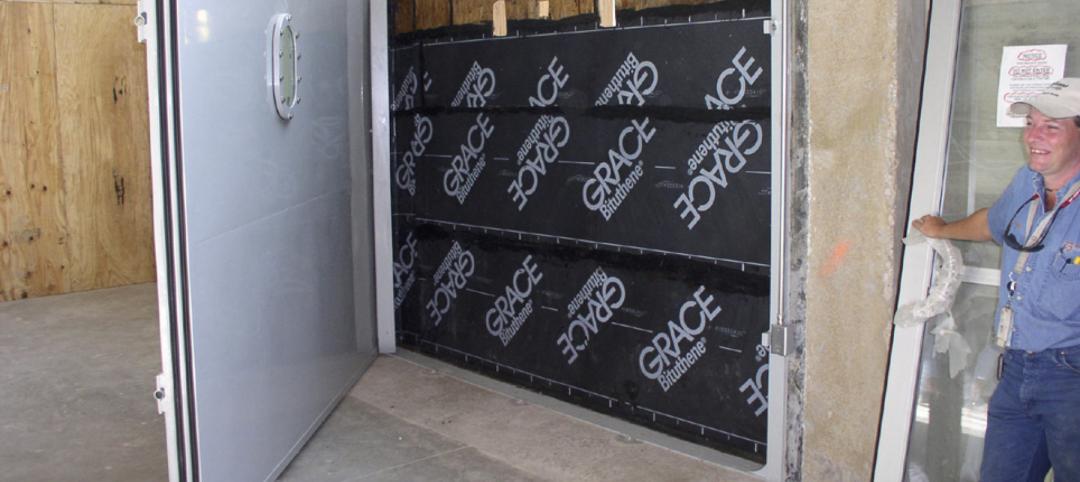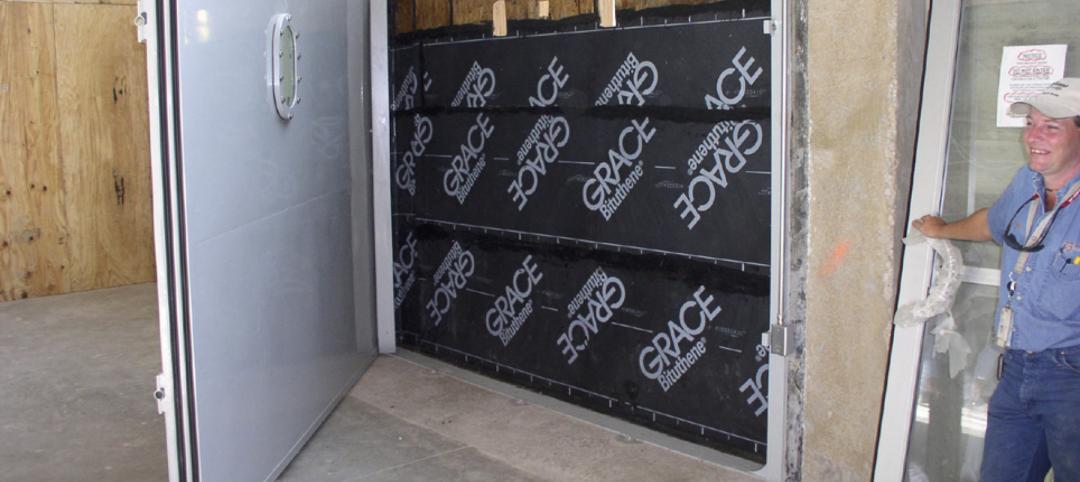Honeywell and Merced College kicked off an energy conservation initiative that aims to reduce the school’s annual operating costs by $180,000 through energy-efficient building upgrades.
The program also includes the launch of an enhanced college curriculum focused on teaching conservation strategies that utilize the energy-efficient building upgrades as a real-world case study for classroom learning.
As part of the project, Honeywell will make building infrastructure improvements to 16 campus buildings, including the installation of energy-efficient lighting and upgraded heating, ventilation and air conditioning (HVAC) systems. Overall, these campus building improvements are expected to trim the college’s electricity use by more than 1.5 million kilowatt-hours annually - enough energy to power nearly 180,000 homes.
Merced College and Honeywell will use the school’s energy usage statistics to develop a course curriculum on sustainability, and raise awareness among students of the positive impact conservation practices contribute to the community. As part of this program, using Honeywell’s Energy Management System (EMS), Sustainability Interns will track resource usage in 16 campus buildings. The interns will develop a newsletter to update students, faculty and staff on the program’s progress and help lead additional campus-wide conservation efforts, such as recycling competitions and car-sharing programs.
Honeywell will complete the building system enhancements and future maintenance under a 15-year, $3.1 million performance contract. This will allow school officials to pay for the upgrades using the cost savings generated, which Honeywell guarantees. As a result, the program won’t increase school budgets or require additional funding.
Honeywell will implement a variety of conservation measures across campus buildings, including:
· Sub-meters in 16 campus buildings to provide facility personnel with a more granular view of energy usage throughout campus from a centralized energy management system
· Updated HVAC systems for the gymnasium, student union, theater and computer services building to improve energy efficiency
· High-efficiency lighting for building exteriors and interiors, including light-emitting diode (LED) lights. BD+C
Related Stories
Multifamily Housing | Aug 19, 2021
Multifamily emerges strong from the pandemic, with Yardi Matrix's Doug Ressler
Yardi Matrix's Doug Ressler discusses his firm's latest assessment of multifamily sales and rent growth for 2021.
Resiliency | Aug 19, 2021
White paper outlines cost-effective flood protection approaches for building owners
A new white paper from Walter P Moore offers an in-depth review of the flood protection process and proven approaches.
Resiliency | Aug 19, 2021
White paper outlines cost-effective flood protection approaches for building owners
A new white paper from Walter P Moore offers an in-depth review of the flood protection process and proven approaches.
Urban Planning | Aug 16, 2021
Building with bikes in mind: How cities can capitalize on the pandemic’s ‘bike boom’ to make streets safer for everyone
Since early 2020, Americans have been forced to sequester themselves in their homes with outdoor activities, in most cases, being the sole respite for social distancing. And many of people are going back to the basics with a quintessential outdoor activity: biking. Bike sales absolutely skyrocketed during the pandemic, growing by 69% in 2020.
Senior Living Design | Aug 13, 2021
Designing with dignity for senior living, with Mike Rodebaugh, LEO A DALY
In this exclusive interview for HorizonTV, Mike Rodebaugh, AIA, Senior Living Sector Leader with LEO A DALY, describes how his firm applies "hospitality magic tricks" in its senior living communities, using design to lend dignity to residents, staff, and residents' families and social circles.
Architects | Aug 5, 2021
Lord Aeck Sargent's post-Katerra future, with LAS President Joe Greco
After three years under the ownership of Katerra, which closed its North American operations last May, the architecture firm Lord Aeck Sargent is re-establishing itself as an independent company, with an eye toward strengthening its eight practices and regional presence in the U.S.
Architects | Aug 5, 2021
Lord Aeck Sargent's post-Katerra future, with LAS President Joe Greco
After three years under the ownership of Katerra, which closed its North American operations last May, the architecture firm Lord Aeck Sargent is re-establishing itself as an independent company, with an eye toward strengthening its eight practices and regional presence in the U.S.
Office Buildings | Aug 4, 2021
‘Lighthouse’ office tower will be new headquarters for A2A in Milan
The tower, dubbed Torre Faro, reimagines the company’s office spaces to adapt to people’s ever-changing needs at work.
Multifamily Housing | Jul 30, 2021
Multifamily housing for a post-COVID world
A trio of multifamily design experts presents concepts for post-pandemic apartment developments.
Architects | Jul 23, 2021
NCARB releases demographic breakdown of licensing exam pass rates
The organization is launching initiatives to figure out what’s causing disparities among candidate groups.

















